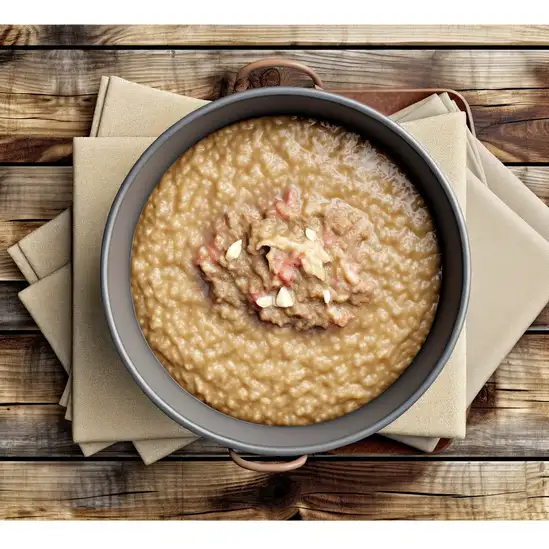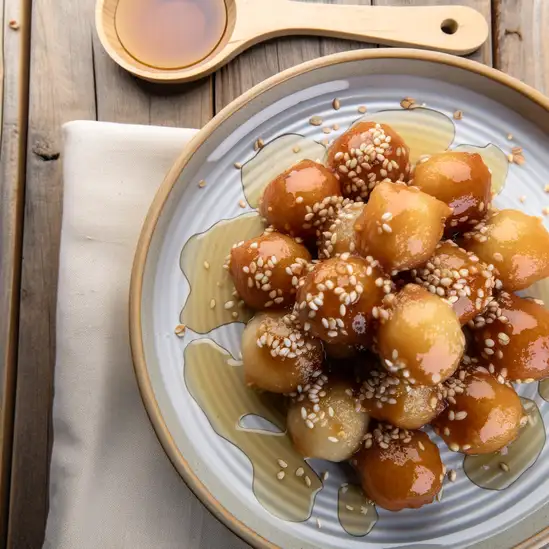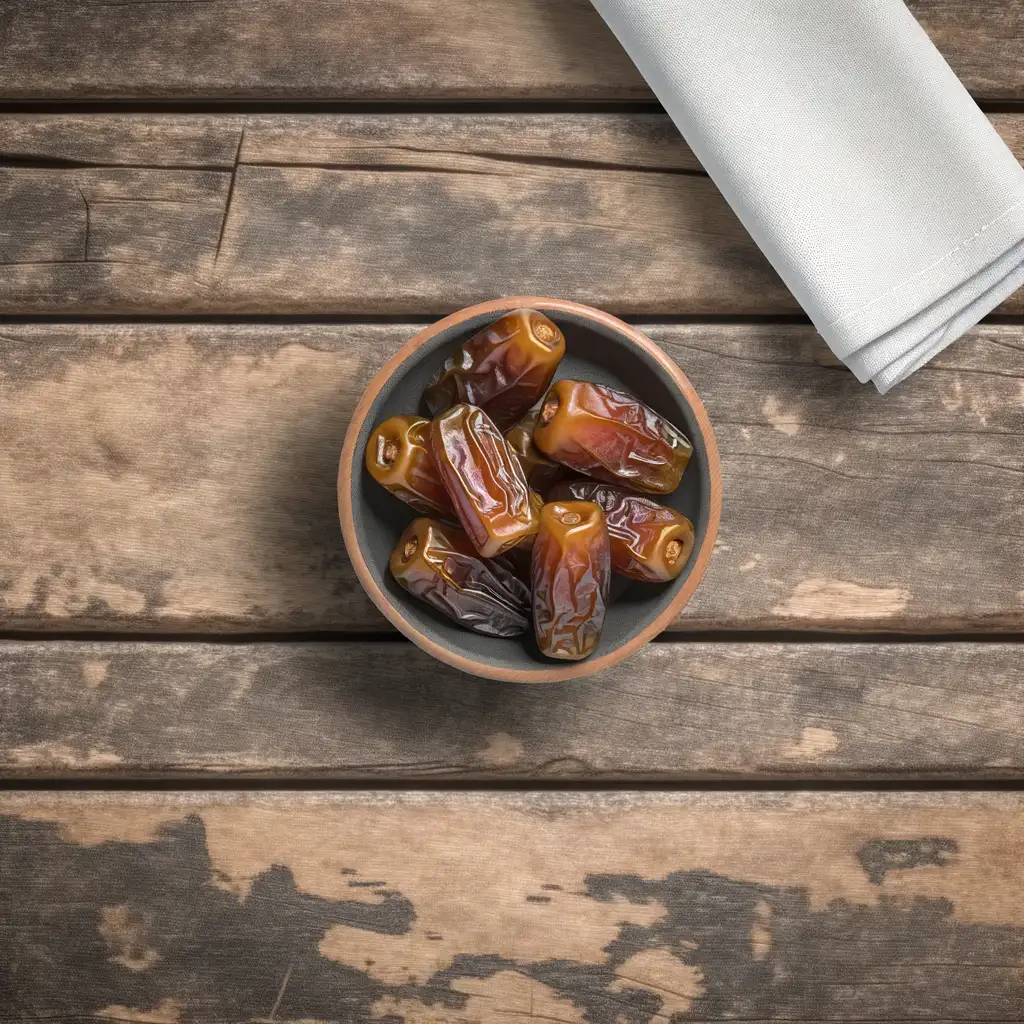



If you ever find yourself craving a place where the air feels softer and the world slows down just enough to breathe,Salalah in Oman is that kind of magic. Imagine stepping into a landscape where lush greenery suddenly bursts from the desert,thanks to the monsoon season that turns the region into a vibrant oasis. The scent of frankincense trees mingles with the salty breeze from the Arabian Sea,creating an aroma that’s both ancient and refreshing. Walking through the bustling souks,you’ll hear the lively chatter of locals bargaining over spices,fresh dates,and handmade crafts,all while the call to prayer gently echoes in the background. Salalah’s charm lies in its blend of natural beauty and rich culture. The city wears its history proudly,from the ruins of ancient frankincense trade routes to the welcoming smiles of its people,who are eager to share stories over a cup of sweet,cardamom-spiced coffee. The beaches here aren’t just places to relax—they’re where you can watch fishermen haul in their catch or spot turtles nesting under the moonlight. And if you time your visit during the Khareef season,the landscape transforms into a surreal,misty wonderland,with waterfalls cascading down emerald hills. What really stays with you about Salalah is its peaceful rhythm and genuine warmth. It’s a place where you can lose yourself in nature’s quiet spectacle and find unexpected connections with a culture that feels both timeless and inviting. Trust me,once you’ve wandered its fragrant streets and soaked in its serene beauty,you’ll carry a piece of Salalah with you long after you leave.
The information on this page is currently being reviewed by Tripkliq and should be used as a guide only
Eng word: Hello
Eng pronunciation: Marhaban
Local language: مرحبا
Eng word: Goodbye
Eng pronunciation: Wada'an
Local language: وداعا
Eng word: Thank you
Eng pronunciation: Shukran
Local language: شكرا
Eng word: How much
Eng pronunciation: Kam al-si'r
Local language: كم السعر
Eng word: Toilet
Eng pronunciation: Mirhad
Local language: مرحاض
Eng word: Help me
Eng pronunciation: Sa'idni
Local language: ساعدني
Eng word: Yes
Eng pronunciation: Na'am
Local language: نعم
Eng word: No
Eng pronunciation: La
Local language: لا
Eng word: Excuse me
Eng pronunciation: Afwan
Local language: عفوا
Salalah was a major hub in the ancient frankincense trade, which dates back to at least 5,000 years. The region's Boswellia trees produce high-quality frankincense, which was highly valued in ancient civilizations.
Al Baleed Archaeological Park is a UNESCO World Heritage site that showcases the ruins of the ancient city of Zafar, which was an important port in the frankincense trade. The site includes remnants of a grand mosque, city walls, and other structures.
The Sultan Qaboos Mosque in Salalah is a stunning example of modern Islamic architecture. Completed in 2009, it is one of the largest mosques in Oman and features intricate designs and beautiful gardens.
Salalah is believed to be the resting place of the Prophet Job (Nabi Ayoub). The Tomb of Job is located in the mountains near Salalah and is a significant pilgrimage site for many visitors.
Al Husn Palace, also known as the Sultan's Palace, is the official residence of the Sultan of Oman when he visits Salalah. The palace is an iconic landmark and is surrounded by beautiful gardens.
Salalah is famous for its Khareef (monsoon) season, which transforms the region into a lush, green landscape. The Khareef Festival, held annually from June to September, celebrates this unique climate with cultural events, music, and traditional Omani cuisine.
Taqah Castle, located in the town of Taqah near Salalah, is a well-preserved 19th-century fortress. It offers a glimpse into the region's history and traditional Omani architecture, with exhibits showcasing local artifacts and historical items.
The Sumhuram Archaeological Site, also known as Khor Rori, is another UNESCO World Heritage site near Salalah. It was an ancient port city that played a crucial role in the frankincense trade and features ruins of fortifications, temples, and residential areas.
Mirbat, a coastal town near Salalah, is known for its well-preserved old town with traditional Omani houses and narrow streets. It was an important trading port in the 9th century and is famous for its historical architecture and vibrant souks.
In Salalah, the most common Power Adaptor is Type G.


A dish made from wheat and meat, cooked until it reaches a porridge-like consistency, often enjoyed during special occasions and Ramadan.

Sweet dumplings made from flour, sugar, and yeast, deep-fried and drizzled with date syrup or honey, often enjoyed as a dessert.

Oman is famous for its high-quality dates, often served as a sweet treat or snack, and enjoyed with Arabic coffee.

A spiced rice dish often served with chicken, lamb, or fish, flavored with a blend of spices and sometimes garnished with nuts and raisins.

A popular dish made with grilled fish, served with a spiced rice and a sauce made from lemon and spices, often enjoyed with a side of salad.

Traditional Omani bread, usually served warm, that accompanies most meals and is used to scoop up food.

A traditional Omani dish made of marinated lamb or goat, wrapped in banana leaves, and slow-cooked in an underground sand oven for up to 48 hours.
Imagine stepping into a place where the future meets tradition in the most dazzling way—that’s Dubai for you. The moment you arrive,there’s this electric buzz in the air,a mix of ambition and warmth that’s impossible to ignore. Skyscrapers like the Burj Khalifa stretch into the sky,shimmering glass and steel reflecting the golden desert sun,while just a few streets away,you can wander through bustling souks filled with the scent of exotic spices and the chatter of friendly vendors. It’s a city that never feels cold or impersonal,even with its towering modernity.
Walking along the Marina at sunset,you’ll hear the gentle lapping of water against sleek yachts,the distant hum of conversations in dozens of languages,and the occasional call to prayer weaving through the air,grounding you in the city’s rich cultural tapestry. The food scene is a vibrant adventure—imagine tasting freshly grilled shawarma,sweet dates,and rich Arabic coffee,each bite telling a story of the region’s heritage and its global influences.
What really makes Dubai stand out is its fearless spirit. It’s a place where desert dunes meet luxury shopping,where traditional falconry coexists with indoor ski slopes,and where every corner invites you to explore something unexpected. Whether you’re marveling at art installations in Alserkal Avenue or catching the cool breeze on a dhow cruise,Dubai feels alive,inviting you to be part of its ever-evolving story.
If you ever find yourself in Male,Maldives,get ready to be swept up by a vibrant little city that pulses with island life and unexpected energy. It’s not your typical tropical getaway where everything feels distant and quiet—instead,Male buzzes with a lively rhythm,where the scent of salty ocean air mingles with the aroma of fresh spices from bustling street markets. Walking through its narrow streets,you’ll hear the chatter of locals,the hum of motorbikes,and the occasional call to prayer echoing from the mosques,all blending into a soundtrack that feels both ancient and alive.
What’s really captivating about Male is how it balances tradition and modernity. You’ll see colorful buildings painted in bright pastels,fishing boats bobbing in the harbor,and sleek cafes serving up rich Maldivian coffee alongside international flavors. The city’s compact size means you can explore on foot,discovering little corners where vendors sell fragrant tropical fruits or where fishermen unload their fresh catch of the day. The warmth of the people here is palpable—they’re proud of their culture and eager to share stories if you stop to chat.
And don’t miss the chance to taste the local cuisine—imagine biting into a spicy mas huni breakfast,where shredded tuna,coconut,and chili dance on your tongue,or savoring grilled seafood fresh from the Indian Ocean. Male isn’t just a gateway to the Maldives’ famous resorts; it’s a lively,sensory-rich place that invites you to slow down,soak in the island spirit,and feel connected to a culture that’s as deep as the surrounding blue waters.
Famous for its historic Stone Town and proximity to Zanzibar's pristine beaches and islands,making it a top destination for relaxation and culture.
ExploreDoha feels like stepping into a vibrant blend of tradition and modernity,where the desert meets the sea in the most unexpected ways. Imagine walking along the Corniche at sunset,the warm breeze carrying the faint scent of spices from nearby souks,while sleek skyscrapers shimmer against the fading light. The city hums with a quiet energy—call to prayers echo softly,mingling with the chatter of locals and the distant hum of luxury cars. It’s a place where the past and future coexist,inviting you to explore both ancient culture and cutting-edge design.
Wandering through the narrow alleys of Souq Waqif,you’ll be enveloped by the rich aroma of frankincense and cardamom,while colorful textiles and handcrafted wares spill from every stall. The lively banter of shopkeepers and the clinking of tea glasses create a warm,welcoming atmosphere that feels deeply personal. Then,just a short drive away,the Museum of Islamic Art stands like a jewel on the waterfront,its architecture as breathtaking as the treasures inside.
What really makes Doha special is its pace—there’s a calm confidence here,a city that’s growing fast but still holds onto its roots. Whether you’re savoring fresh seafood by the water,feeling the soft sand beneath your feet on a desert safari,or simply watching the city lights dance on the bay,Doha invites you to slow down and soak it all in. It’s a place that surprises you,not with loud fanfare,but with quiet moments that linger long after you’ve left.
If you ever find yourself wandering through Victoria,the capital of Seychelles,you’ll immediately notice its laid-back charm mixed with a vibrant pulse that feels both intimate and alive. It’s not a sprawling metropolis but a cozy town where the ocean breeze carries the scent of salt and tropical flowers,and the chatter of Creole,English,and French blends into a warm,welcoming hum. Walking through the colorful streets,you’ll catch glimpses of bustling markets where fresh spices,exotic fruits,and fragrant vanilla pods fill the air,inviting you to taste the island’s rich flavors.
Victoria’s character is a beautiful blend of cultures,reflected in its colonial architecture,lively street art,and the friendly smiles of locals who are always ready to share a story or recommend their favorite spot. The city feels like a crossroads of history and nature,with the iconic clock tower standing proudly as a reminder of its past,while just a short stroll away,the lush Botanical Gardens offer a peaceful escape filled with giant tortoises and vibrant tropical plants.
What really makes Victoria special is how it balances the simplicity of island life with a genuine sense of community and culture. Whether you’re sipping a freshly brewed Seychellois tea at a café,listening to the distant rhythm of sega music,or watching fishermen haul in their catch at the harbor,there’s a comforting rhythm here that invites you to slow down,breathe deeply,and soak in the moment. It’s a place that stays with you long after you leave.
If you ever find yourself wandering through Muscat,you’ll immediately notice a calm,almost meditative rhythm to the city. It’s not the usual hustle of a big metropolis; instead,there’s a gentle blend of tradition and modern life that feels both grounding and inviting. The air carries a subtle mix of sea salt from the Gulf of Oman and the warm,spicy aroma of frankincense wafting from local markets. Walking along the Corniche,you’ll catch the glint of sunlight bouncing off whitewashed buildings and the soft murmur of fishing boats bobbing in the harbor.
Muscat’s charm lies in its contrasts—ancient forts stand proudly against a backdrop of rugged mountains,while sleek cafes and art galleries hint at a quietly evolving culture. The city’s soul is deeply tied to its people,who greet you with genuine warmth and a readiness to share stories over a cup of sweet,cardamom-spiced coffee. Exploring the winding alleys of Mutrah Souq,you’ll hear the lively chatter of vendors and the clinking of silver jewelry,while your fingers brush against handwoven textiles and fragrant spices.
What really stays with you is the sense of place—Muscat feels like a crossroads where the past and present meet in harmony. Whether you’re savoring fresh seafood by the water or watching the sun dip behind the mountains,there’s a peacefulness here that invites you to slow down,breathe deeply,and soak in the beauty of a city that’s quietly proud of its heritage and hopeful for its future.
Tourists may be sold fake or low-quality souvenirs at high prices, claiming they are authentic local handicrafts.
Unlicensed money exchangers may offer poor exchange rates or charge hidden fees, taking advantage of tourists unfamiliar with the local currency.
Shops or vendors may advertise fake discounts to lure tourists into buying items at prices that are still higher than normal.
Individuals may pose as tour guides and offer overpriced or subpar tours, providing little value for the money paid.
Vendors in tourist-heavy areas may inflate prices for goods, assuming tourists are unaware of the actual value.
Some taxi drivers may overcharge tourists by not using meters or quoting inflated prices, especially for short distances.
Some locals may demand money from tourists for taking photos of them, their animals, or their property, even if no prior agreement was made.
Tourists may be offered unlicensed or poorly maintained rental cars, which can lead to additional charges or safety issues.
The use, possession, and trafficking of drugs are strictly prohibited in Salalah, Oman. The country has very stringent anti-drug laws, and violations can result in severe penalties, including long prison sentences and heavy fines. Tourists should avoid any involvement with illegal drugs to prevent serious legal consequences.
In Salalah, Oman, smoking is generally allowed in designated areas. However, smoking is prohibited in public places such as government buildings, healthcare facilities, educational institutions, and public transportation. Tourists should look for designated smoking areas and be mindful of local regulations to avoid fines.
Vaping is subject to similar regulations as smoking in Salalah. It is prohibited in public places where smoking is banned. Tourists should use vaping devices only in designated areas and be aware that the importation of e-cigarettes and vaping products may be subject to customs regulations.
What are other people saying about Salalah?
Recent Social posts about Salalah
There is nothing to show you for now.